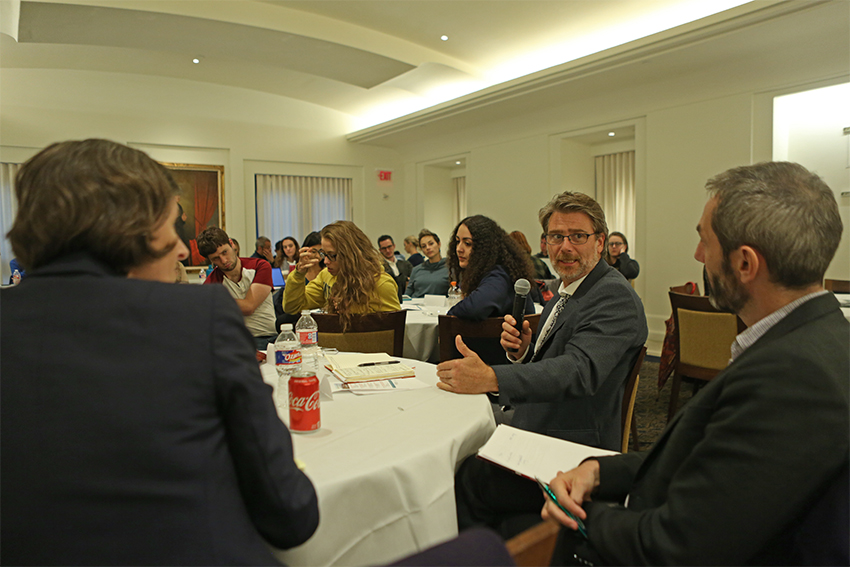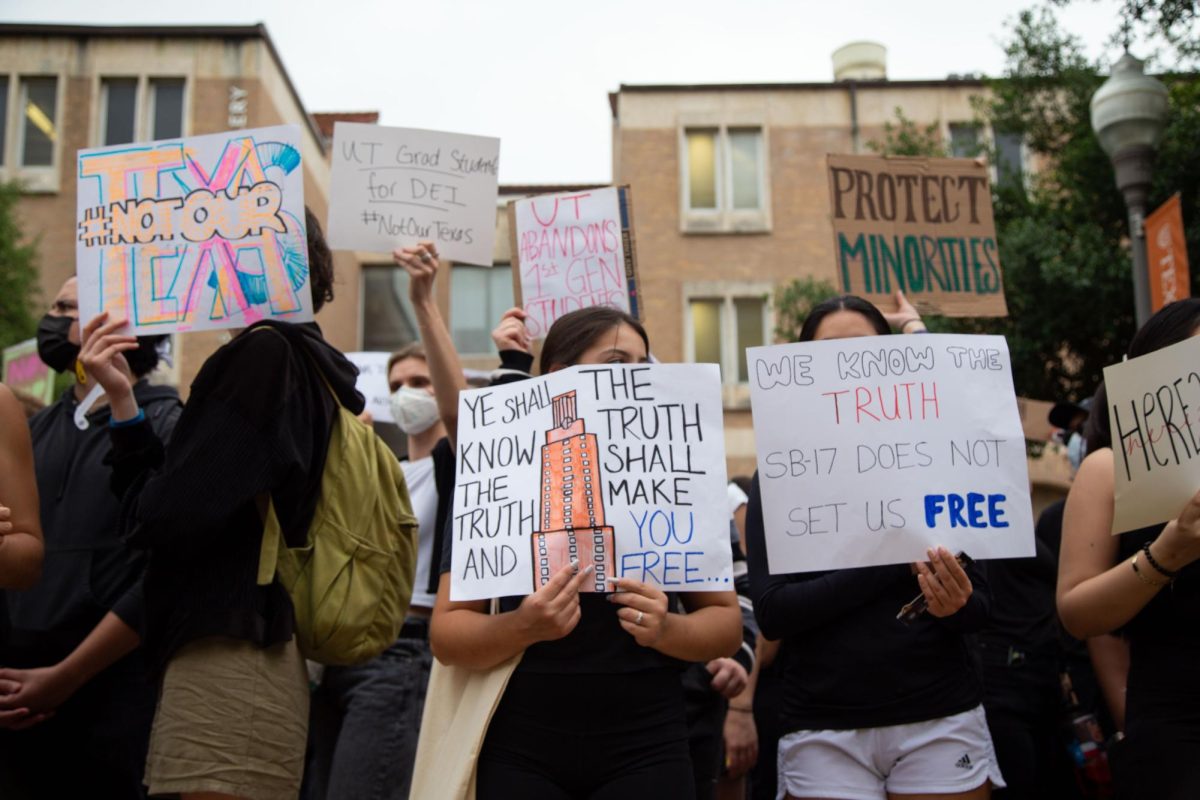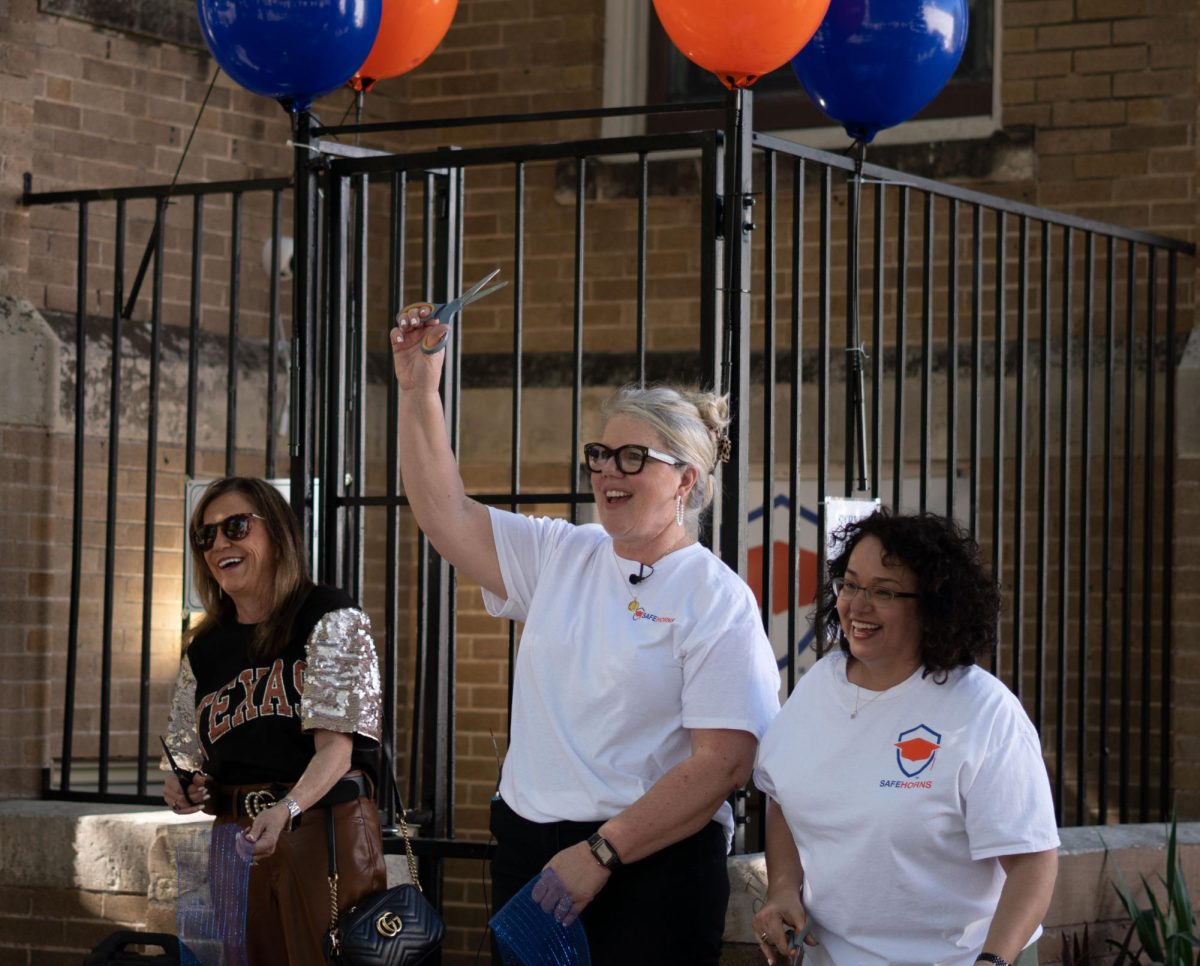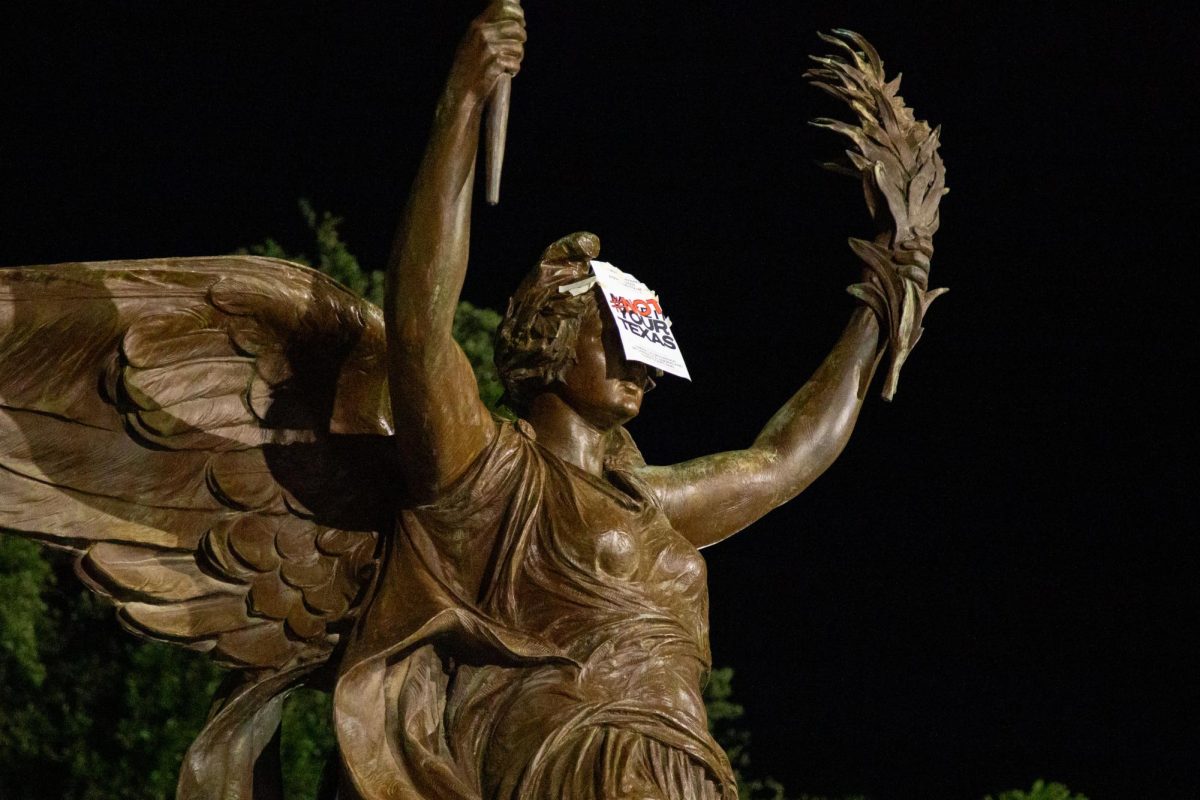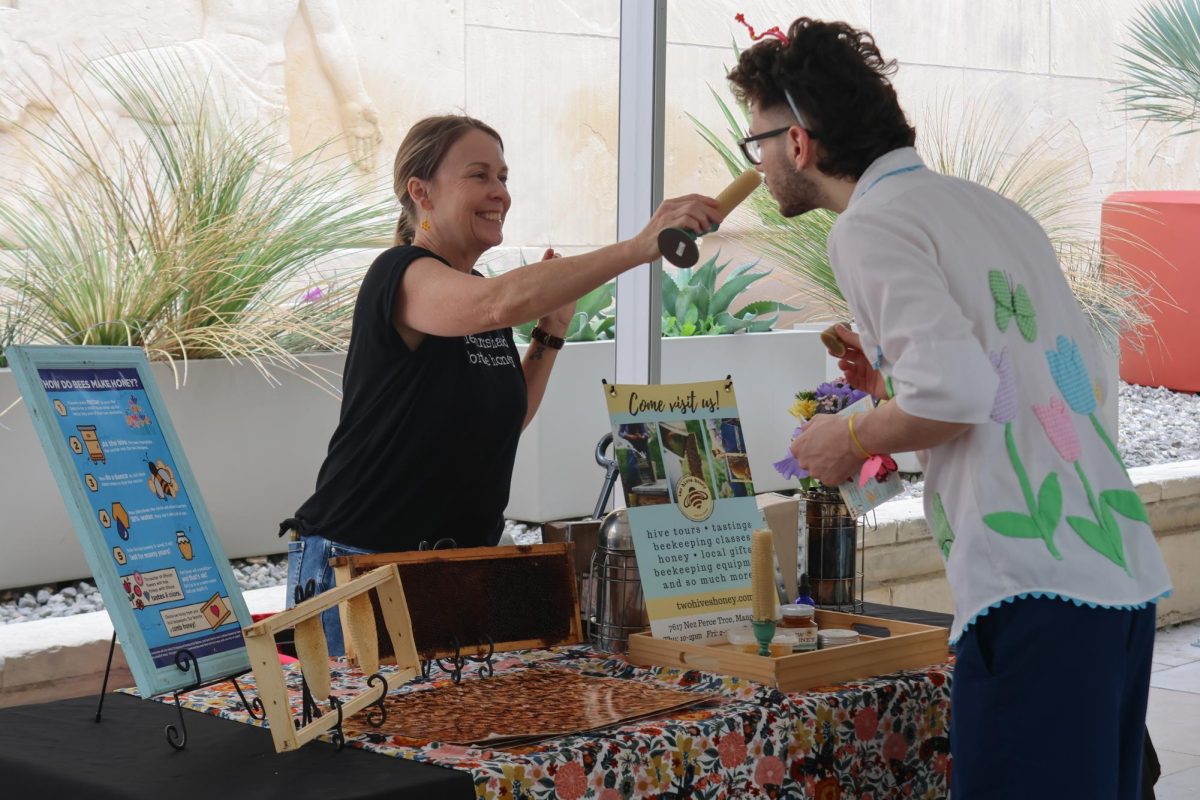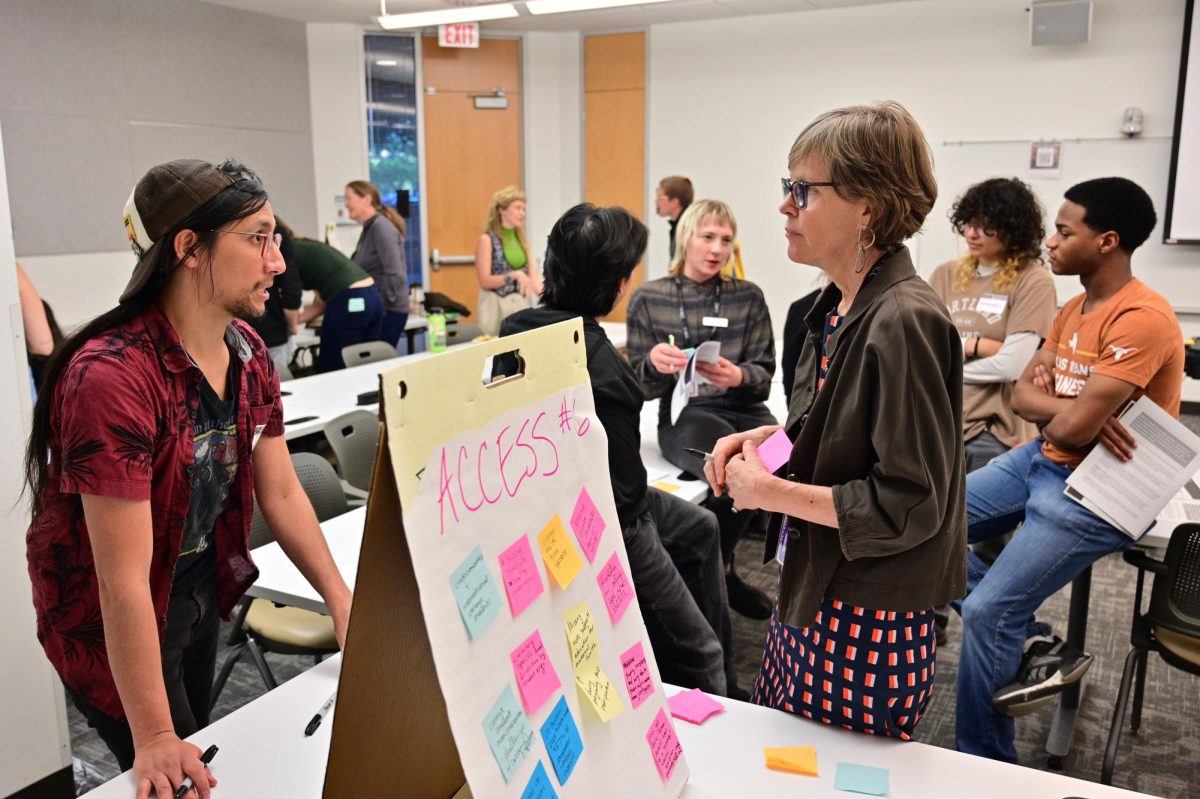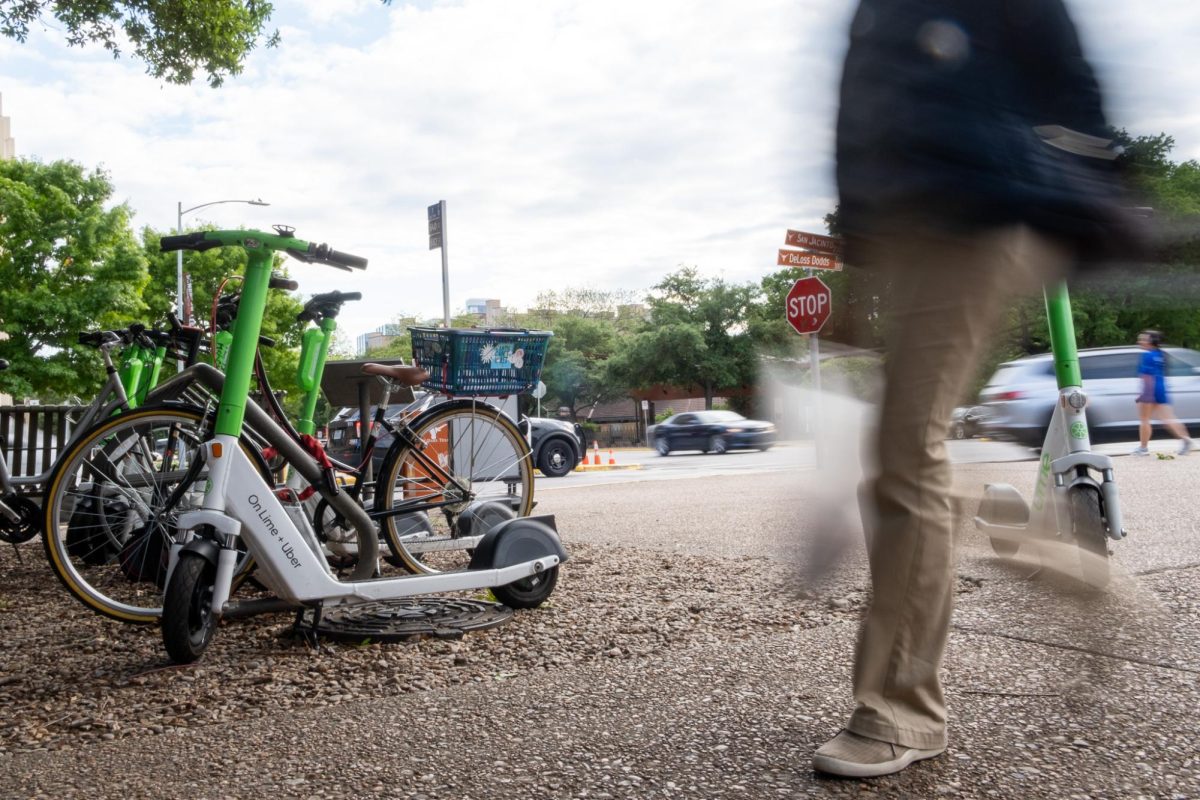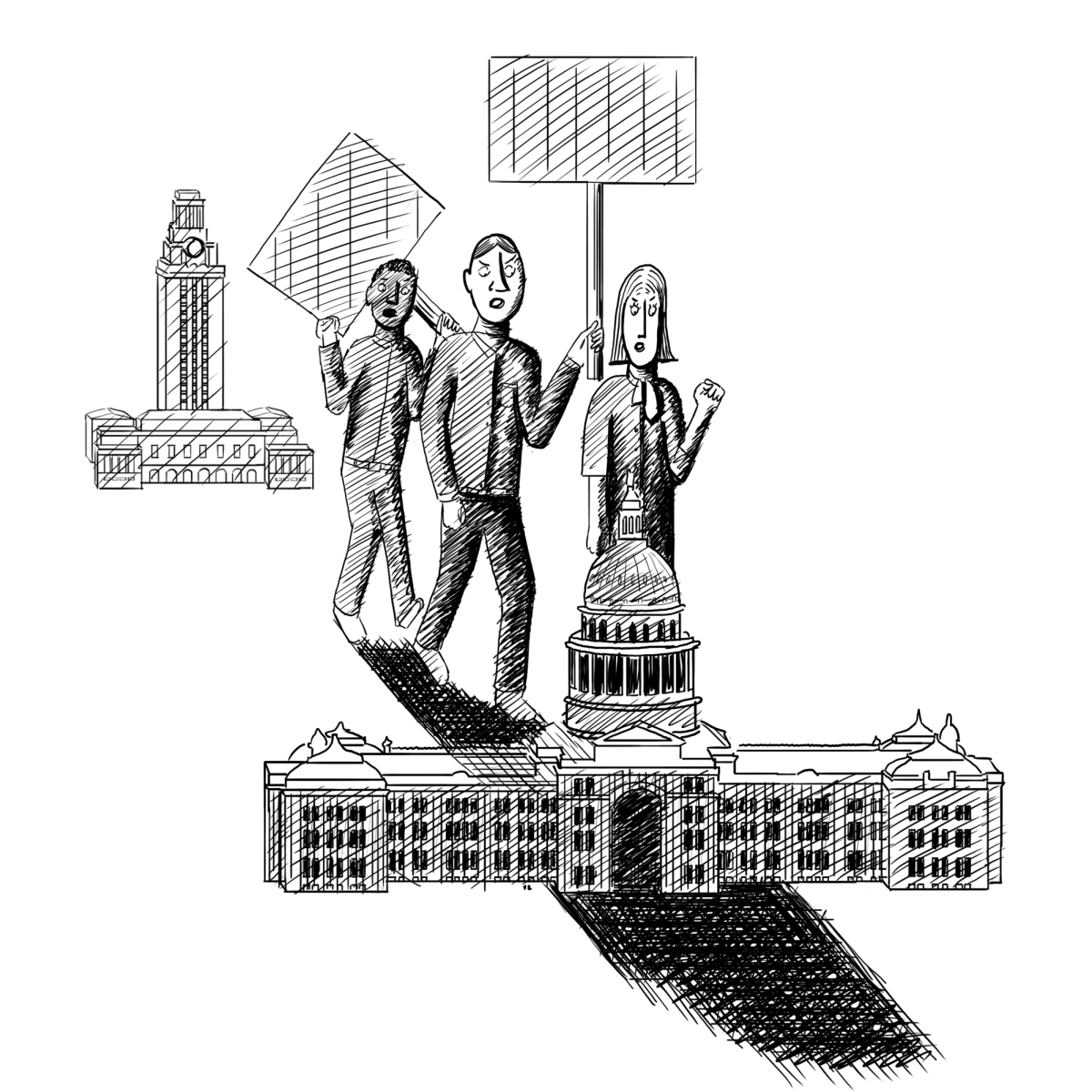Human rights policy can have a boomerang effect on issues outside of its traditional sphere and is key to solving many of today’s inequalities, according to an expert on economic inequality and social injustice.
Ignacio Saiz, executive director of the Center of Economic and Social Rights, spoke Monday at the Rapoport Center for Human Rights and Justice on the correlation between economic inequality and human rights.
“We see the role of CESR as being provocateurs of using human rights language where it’s not usually being used,” Saiz said. “It’s one of the next frontiers of human rights.”
Last year, 82 percent of generated wealth went to the richest 1 percent of the global population, Saiz said. He said this extreme inequality is “both a cause and a consequence of human rights violations.”
“We have found a striking but intuitive correlation between economic disparities and racial and gender disparities,” Saiz said. “Inequality would be even worse if not for some human rights gains.”
Public affairs professor Erin Lentz said Saiz’s goal of exposing the connection between various social inequalities can lead the public to do what is ultimately needed for change — taking action.
“Something that resonates with me is the call for an integrated approach — how policy changes in one realm has consequences in other realms,” Lentz said. “Having multiple perspectives on an issue allows people to demand more from their state.”
Saiz said entities should both protect human rights and utilize that as a tool for solving inequality.
“Human rights provides a universal language to articulate the shared conviction that extreme inequality is a disparity at the front of human dignity,” Saiz said. “What is the goal of human rights if not to protect and fulfill human dignity?”
Law student Alison Techman said classes do not offer practical and tangible approaches towards issues, unlike Saiz’s lecture.
“We usually read about theoretical responses,” Techman said. “It’s cool that there are people out there designing implementable solutions.”
Law student Huey Fischer said this approach is critical to explaining how economic inequality is both a cause and an effect of human rights violations.
“Saiz is really hands on when it comes to … putting forward practical solutions that governments can run with to improve peoples’ lives,” Fischer said. “That’s something thats really important in this conversation — making sure there’s a connection between academic research, nonprofit research and then the practical government responses.”



